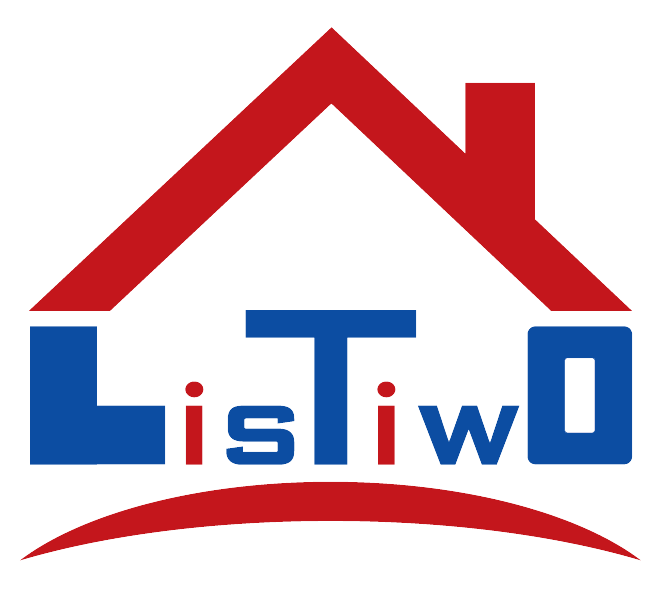The real estate market offers a wide range of opportunities for those looking to build careers, invest, or simply understand the dynamics of property transactions. Whether you are interested in buying your first home, diving into real estate investment, or becoming a licensed professional, there are numerous valuable skills you can learn. Here’s a look at some of the most essential skills that can set you up for success in the real estate world:
1. Market Research and Analysis
Understanding the market is one of the fundamental skills in real estate. This includes knowing the current market trends, property values, and the dynamics of supply and demand in different neighborhoods. By learning how to analyze trends in property prices, rental yields, and investment opportunities, you can make informed decisions whether you’re buying, selling, or investing.
- Skill Focus: Researching local market conditions, studying demographic trends, and staying updated on economic factors like interest rates and inflation.
- Benefit: Helps to identify emerging investment areas and negotiate better deals.
2. Negotiation Skills
At the heart of every real estate transaction is negotiation. Whether you’re negotiating the purchase price of a home, discussing lease terms, or working on a commercial deal, mastering negotiation skills is vital. Successful negotiators know how to listen, understand the needs of both parties, and reach a win-win agreement.
- Skill Focus: Active listening, making compelling offers, and finding common ground.
- Benefit: Leads to better deals, stronger relationships, and the ability to close contracts at favorable terms.
3. Financial Acumen
Real estate is often a significant financial commitment. Being able to assess and manage finances will help you determine what you can afford, understand the implications of different financing options, and analyze return on investment (ROI) for potential real estate deals.
- Skill Focus: Budgeting, evaluating mortgage options, understanding cash flow, and calculating ROI for investments.
- Benefit: Helps you make financially sound decisions and avoid potential pitfalls.
4. Property Valuation
Knowing how to determine the value of a property is critical, whether you’re a buyer, seller, or investor. A property’s value is influenced by various factors, including its location, condition, and comparable sales (comps). Mastering property valuation allows you to make more accurate offers and avoid overpaying.
- Skill Focus: Comparative market analysis (CMA), evaluating repair and renovation costs, and assessing the property’s long-term value.
- Benefit: Helps ensure you’re making fair and informed decisions about buying or selling properties.
5. Marketing and Branding
Real estate is a highly competitive industry, which makes marketing and branding vital for success. Whether you’re selling a home, listing a rental property, or promoting yourself as an agent, learning how to effectively market your properties or services can set you apart.
- Skill Focus: Social media marketing, staging homes, creating compelling property listings, and building a personal brand.
- Benefit: Increased visibility, better client attraction, and more successful transactions.
6. Legal Knowledge
Real estate transactions are heavily regulated, and understanding the legal aspects can protect you from potential issues. This includes knowledge about contracts, property rights, taxes, zoning laws, and landlord-tenant relationships.
- Skill Focus: Familiarity with legal documentation like purchase agreements, leases, and disclosures.
- Benefit: Helps ensure that transactions are legally sound and prevents costly legal disputes.
7. Property Management
For investors, property management is a crucial skill. It involves overseeing the day-to-day operations of rental properties, handling tenant issues, ensuring maintenance, and maximizing profitability.
- Skill Focus: Tenant relations, maintenance management, budgeting for repairs, and ensuring compliance with local laws.
- Benefit: Ensures smooth operations and maximizes the profitability of your rental properties.
8. Time Management
Real estate professionals juggle multiple tasks, deadlines, and appointments. Whether you’re an agent managing clients or an investor overseeing multiple properties, time management is a must. Effective time management helps you stay organized and productive, ensuring that deals close on time.
- Skill Focus: Prioritizing tasks, managing appointments, and maintaining work-life balance.
- Benefit: Increased efficiency and the ability to handle multiple projects at once without feeling overwhelmed.
9. Networking and Relationship Building
Building a strong network is essential in real estate. Whether you’re connecting with potential buyers, other agents, contractors, or lenders, relationships can open doors to new opportunities. Networking helps you stay informed about upcoming properties, market conditions, and potential clients.
- Skill Focus: Attending industry events, connecting with key people, and maintaining strong professional relationships.
- Benefit: Provides access to insider information, referrals, and opportunities for joint ventures.
10. Project Management
For those involved in real estate development or flipping houses, project management skills are invaluable. Managing construction, renovation, and other projects requires the ability to coordinate teams, timelines, and budgets.
- Skill Focus: Setting timelines, budgeting for renovations, managing contractors, and ensuring projects stay on track.
- Benefit: Successful project completion leads to higher returns on investments and a stronger reputation.
11. Customer Service
Real estate is a customer-centric industry, and providing excellent service can lead to repeat business and referrals. Understanding client needs, being responsive, and providing guidance throughout the buying or selling process is key to success.
- Skill Focus: Communication, problem-solving, and building trust.
- Benefit: A strong reputation that leads to loyal clients and a steady stream of referrals.




